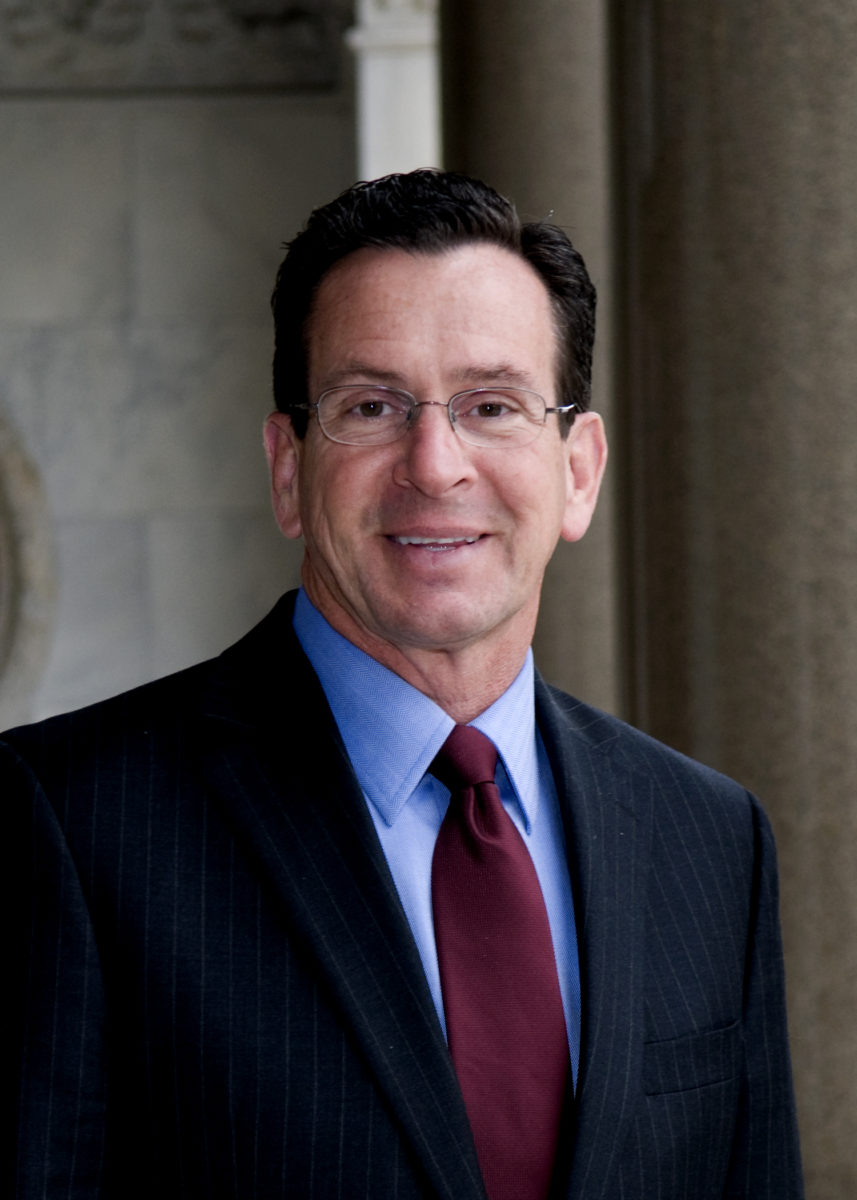Last month, Gov. Dannel Malloy announced his new two-year budget would include a proposal to lower the tax rate on insurance premiums from 1.75 percent to 1.5 percent for companies.

“Restructuring and lowering the premium tax will substantially improve market conditions for Connecticut-based insurance companies,” the governor said in a statement highlighting his plan. “This change will save them millions in taxes paid to other states across the country.”
Malloy also stressed that the lower premium should be seen as evidence that his administration was attempting to strengthen Connecticut as a business-friendly state. The insurance industry employs 58,000 people in the state and the governor”™s office estimated the tax reduction would save insurance companies $11 million in the budget”™s first year and $22 million in the second year.
“There are simple and relatively inexpensive ways we can improve the business climate by making state government more predictable and sustainable,” he said, adding that the state needed to respond to insurance companies “so that they continue to thrive and grow in our state.”
On the whole, business and insurance industry leaders were supportive of the proposal. Joe Brennan, president and CEO of the Connecticut Business and Industry Association, noted that the lowering of the tax rate would benefit local insurance companies that are required by law to pay their home state tax rate on sales in states where the rate is lower.
“Most insurance companies sell outside of the state, so this makes our companies more competitive around the country,” Brennan said. “This is a step in making an environment here that is more favorable for in-state insurers.”
Eric George, ”Žpresident of the Insurance Association of Connecticut, agreed with Brennan. “The governor is providing domestic insurers in Connecticut to be better able to compete nationally,” he said. “The governor understands the importance of the insurance industry and this is a very positive step forward.”
Warren C. Ruppar, president of the Independent Insurance Agents of Connecticut Inc., said Malloy”™s proposal could also be considered as reactive rather than proactive. “Retaliatory taxes (by other states) can occur if our costs get too high,” he said, referring to a tax that forces interstate insurers to pay the higher rate between the company”™s home state and the location where it is doing business.
Ruppar also pointed out that this was not a new idea. “It has been proposed in the past, but people didn”™t feel it was necessary,” he said. “Maybe the timing is right this year.”
One development that might have influenced the timing of the proposal was Aetna”™s none-too-subtle hints that it could leave its Hartford headquarters for another location. Aetna CEO Mark Bertolini first raised the possibility last May when the company was in merger talks with Humana. But last month, after the Humana deal fell through, press reports began to circulate that Aetna was thinking about pulling a General Electric move and relocating its headquarters to Boston.
Mickey Herbert, president and CEO of the Bridgeport Regional Business Council, complained that Connecticut”™s longstanding dominance of the insurance industry has been deteriorating for decades. “When I came to Connecticut in 1976 to start a new health plan (Physicians Health Services), there was no question at that time that Hartford was the insurance capital of the world,” he said. “I watched that position slowly erode over many years, even as my health plan grew and prospered here in greater Bridgeport over a 20-year period. Other states were proving to be as friendly, or more friendly, to insurers than Connecticut ”” Iowa, in particular, comes to mind.”
Herbert warned that while Aetna and Cigna continue to play dominant roles in the local economy, their presence cannot be taken for granted. “We can ill afford to lose either of these corporate titans, and we need a signal from the governor that he wants Connecticut to be perceived as business-friendly to these companies and to companies like ConnectiCare, UnitedHealth and Harvard Pilgrim Health Care.”
The Malloy proposal could possibly encourage other states to follow suit. “Your neighboring state, Rhode Island, lowered their premium tax rate last year, although in a slightly different manner,” said Alison Cooper, Northeast region vice president for the American Insurance Association. “We”™ve seen two states in New England do this in two years, so it is certainly something that we can see happening down the road.”
And J.R. Romano, chairman of the Connecticut Republican Party, questioned whether technology would ultimately cancel out any efforts to keep insurers in the state.
“I wouldn”™t be surprised if they moved,” Romano said about the Aetna exodus rumors. “Connecticut was the insurance capital, but today things are much more mobile and transportable. The Democrats in Hartford have not figured that out yet. Years ago, Connecticut was a more affordable option than Massachusetts or New York. That is not the option anymore.”
Still, Jack Condlin, president and CEO of the Stamford Chamber of Commerce, was willing to give Malloy an A for effort. “The governor is working extra hard not to lose any more companies,” he said. “Anyone planning to stay here will appreciate it.”





















